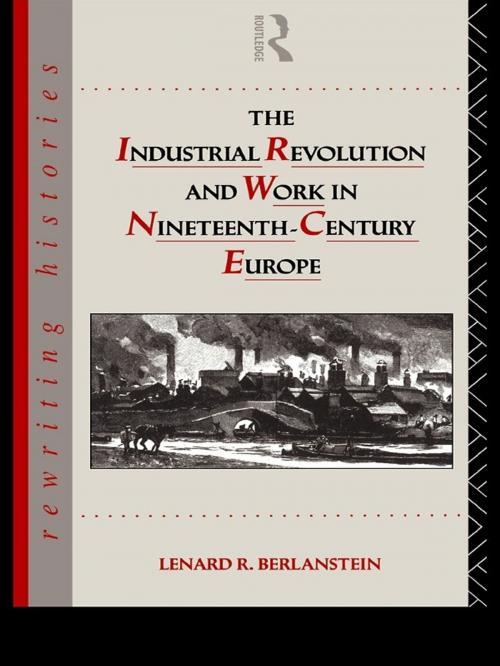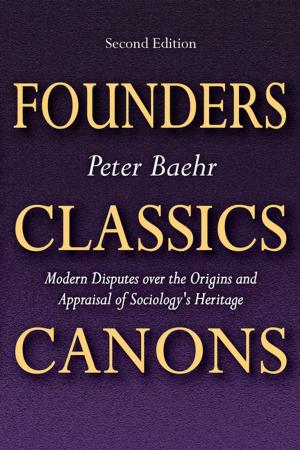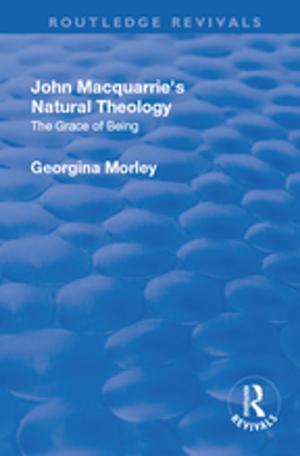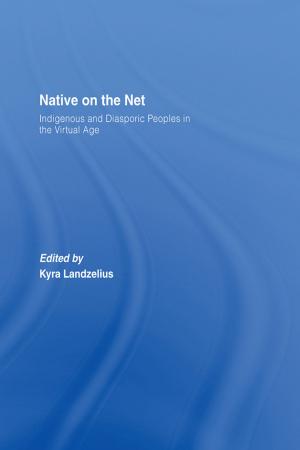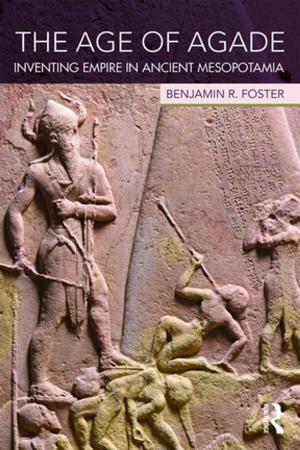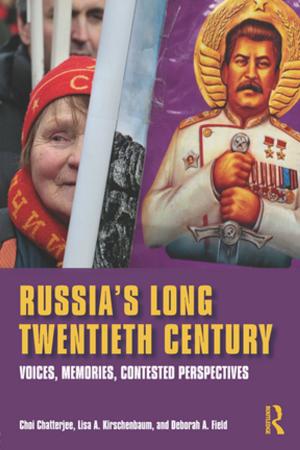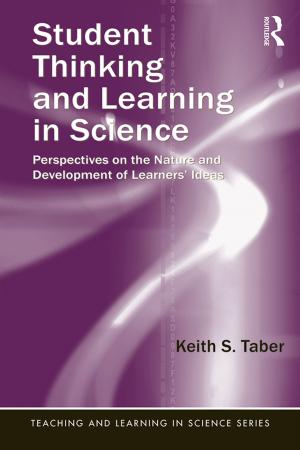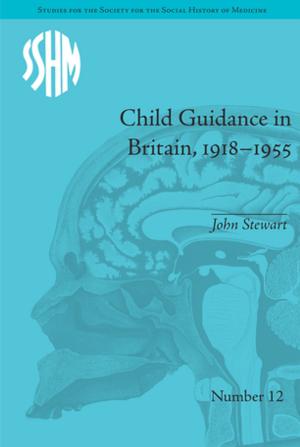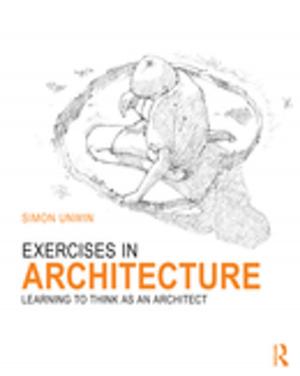| Author: | ISBN: | 9781134911929 | |
| Publisher: | Taylor and Francis | Publication: | September 2, 2003 |
| Imprint: | Routledge | Language: | English |
| Author: | |
| ISBN: | 9781134911929 |
| Publisher: | Taylor and Francis |
| Publication: | September 2, 2003 |
| Imprint: | Routledge |
| Language: | English |
The Industrial Revolution is a central concept in conventional understandings of the modern world, and as such is a core topic on many history courses. It is therefore difficult for students to see it as anything other than an objective description of a crucial turning-point, yet a generation of social and labour history has revealed the inadequacies of the Industrial Revolution as a way of conceptualizing economic change. This book provides students with access to recent upheavals in scholarly debate by bringing a selection of previously published articles, by leading scholars and teachers, together in one volume, accompanied by explanatory notes. The editor's introduction also provides a synthesis and overview of the topic. As the revision of historical thought is a continual process, this volume seeks to bring the reinterpretation of such debates as working-class formation up to the present by introducing post-structuralist and feminist perspectives.
The Industrial Revolution is a central concept in conventional understandings of the modern world, and as such is a core topic on many history courses. It is therefore difficult for students to see it as anything other than an objective description of a crucial turning-point, yet a generation of social and labour history has revealed the inadequacies of the Industrial Revolution as a way of conceptualizing economic change. This book provides students with access to recent upheavals in scholarly debate by bringing a selection of previously published articles, by leading scholars and teachers, together in one volume, accompanied by explanatory notes. The editor's introduction also provides a synthesis and overview of the topic. As the revision of historical thought is a continual process, this volume seeks to bring the reinterpretation of such debates as working-class formation up to the present by introducing post-structuralist and feminist perspectives.
